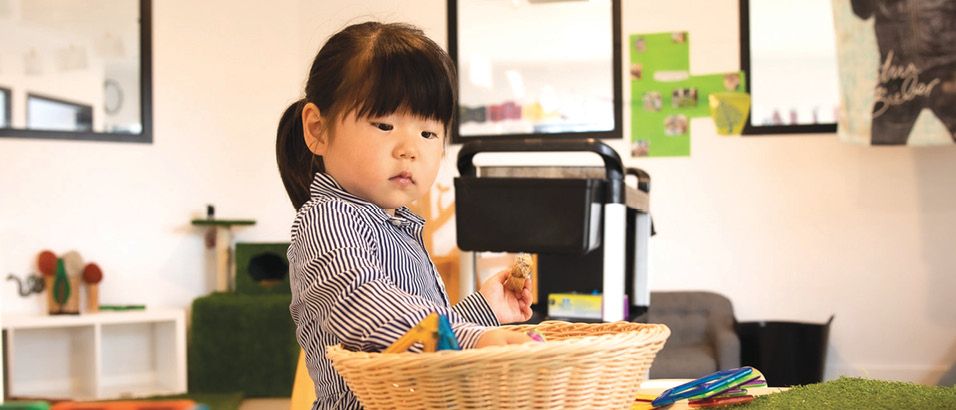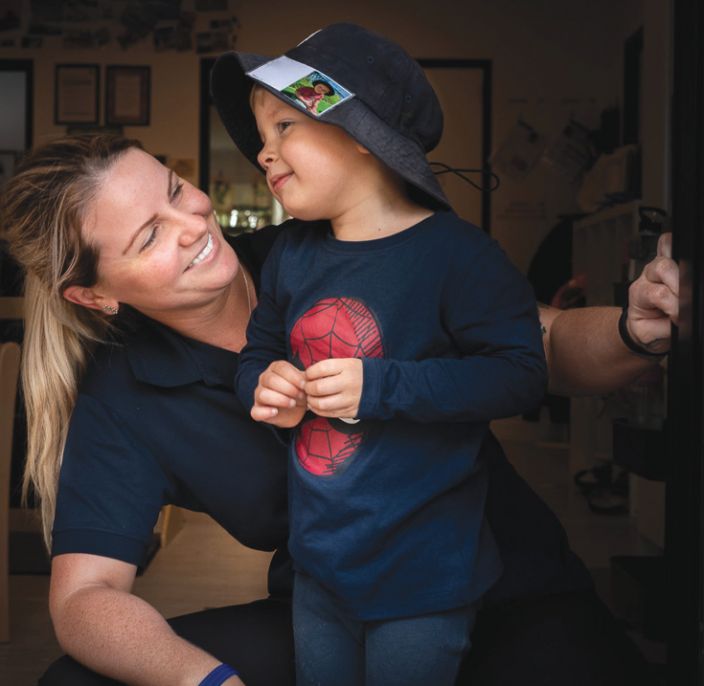The Front Project’s Apiary Fellowship and Future Tracks programs are two initiatives enhancing collaboration across the sector. The Apiary Fellowship brings together individuals with wide-ranging perspectives of ECEC to learn more about each other’s experiences and take action to create lasting change.
Future Tracks helps educators enhance the quality and impact of their work by supporting them to ‘upskill’ to become early childhood teachers.
Through these collaborations, the Front Project has learned more deeply about the different daily experiences of people working in all roles, in a variety of settings, right across the sector. They have determined that more people should be able to benefit from peer support and access to new ideas to enhance their work, so are launching an online community to assist with this.
“The online community is a place for ECEC professionals to connect, share insights for best practice and work together to address any issues they encounter,” Hunt said.
“Seeing the commitment to improving children’s lives in the Apiary and Future Tracks reiterates that this sector has what it takes to create and sustain meaningful change.”
Gathering evidence
Another key initiative of the Front Project is contributing to the evidence base to show the benefits of ECEC to even more people, especially leaders in government and business who can help influence change.
The first pieces of research from the Front Project successfully caught the attention of both business and government because they clearly explained, for the first time in Australia, how ECEC impacts economic growth.
The Front Project worked with PwC to deliver the first Australian analysis of the economic impact of investing in early learning in the year before school – A Smart Investment for a Smarter Australia. This landmark report found that for every dollar invested, Australia receives $2 back over a child’s life.
“That’s a higher economic return than many of our nation-building infrastructure projects,” Hunt said.
“Some benefits can be seen immediately, and returns continue as children become adults.”
For example, the cognitive benefits for children who receive a quality early childhood education can be linked to $1.06 billion in higher earnings over a lifetime and a further $495 million in higher taxes paid to government.
They followed up with a report revealing that Australian governments spend $15.2 billion each year managing social problems that could be prevented by optimising investment in the early years.
Since then, the Front Project has continued to promote the economic benefits that ECEC delivers through helping parents return to work and improving children’s future career opportunities. In doing so, they have secured support for ECEC from influential organisations such as the Committee for Economic Development of Australia (CEDA) and Chief Executive Women (CEW).











































































































































